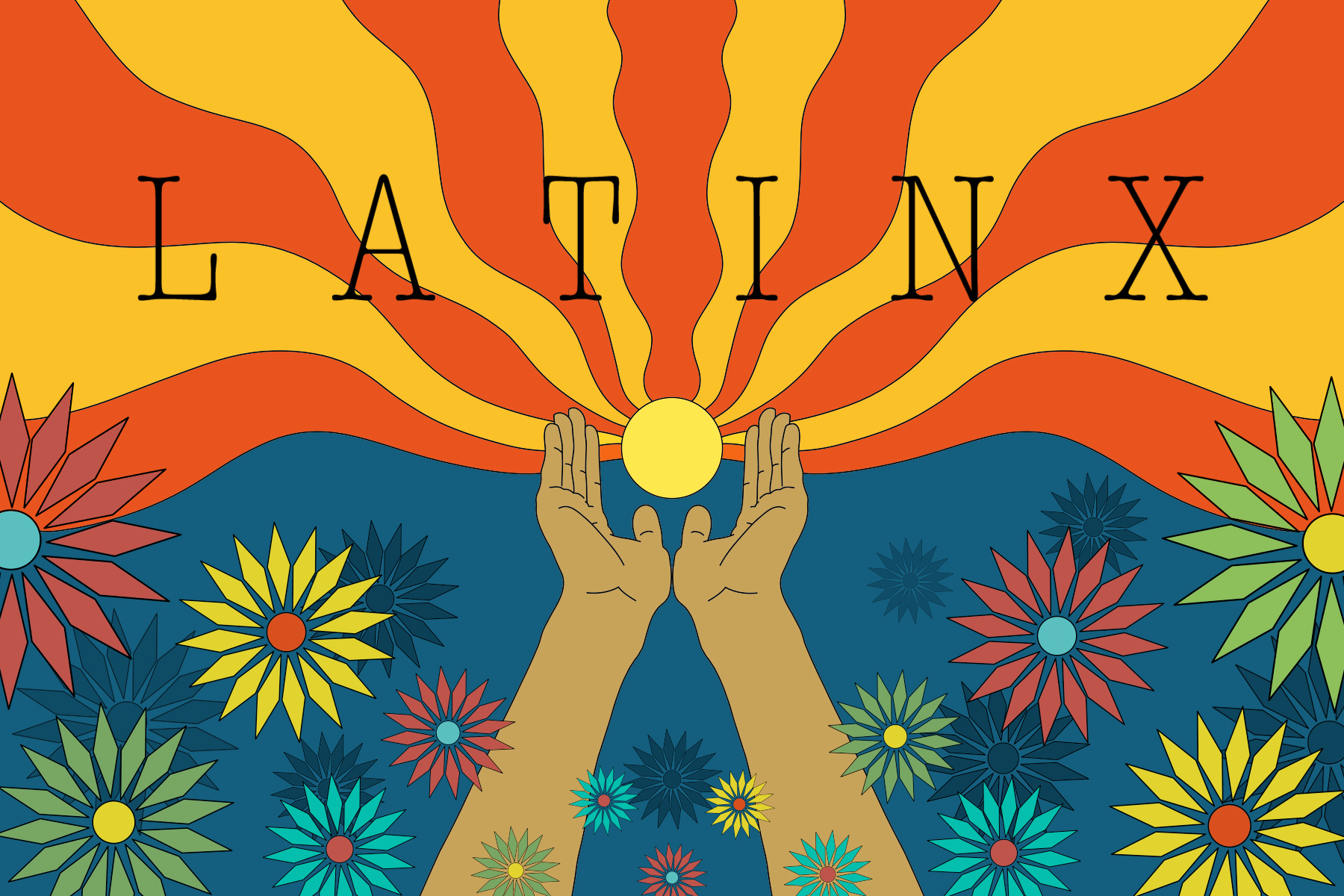From Sept. 15 to Oct. 15, thousands celebrate the history, culture and contributions of American citizens whose ancestors came from Spain, Mexico, the Caribbean and Central and South America. What began as a week-long celebration in 1968 under President Lyndon B. Johnson has become the annual observance many now know as Hispanic Heritage Month. The month-long celebration represented a step towards visibility, a step towards recognizing that Latin America exists outside of Mexico.
Nowadays, however, the month has lost its luster — but not because of the celebrations. It’s because of the term “Hispanic.”
The term “Hispanic” refers to native Spanish speakers or descendents of Spanish-speaking populations, while the term “Latino” refers to people who are from Latin America and their descendants. The two are not always interchangeable. For example, a Mexican is both Hispanic and Latino, but a Brazilian is only Latino because Brazil’s main language is Portuguese.
In an interview with the New York Times, Saudi Garcia, a racial justice activist and facilitator for the conflict resolution organization In Cultured Company, said that the term “ Hispanic” “came from a space of, ‘There isn’t room for us in this society.’”
When Lyndon B. Johnson landed on the term “Hispanic,” government entities were engaged in many internal debates on how to refer to Latinos in the United States. According to the Pew Research Center, Latinos living in the U.S. during the 1930s, regardless of their place of birth or family origin, were all noted as “Mexican” by door-to-door U.S. Census Bureau counters.
The inclusion of other nationalities in the U.S. Census happened in the 1970s when counters asked Latinos within the U.S. to self-identity. Cristina Mora, a sociologist and author of “Making Hispanics: How Activists, Bureaucrats, and Media Created a New American,” told NPR that the 1970 census once again resulted in a severe undercount of the growing Latino population. This led to national backlash from activists, academics and civic leaders who demanded fair representation.
The problem was that “Latino” seemed too foreign at the time. Latinos were not “American” but outsiders.
“Hispanic was never a term that everybody loved, but it was a term that got a lot of support from within Latinos in the Nixon [administration] and, later, the Ford administration,” Mora said. The U.S. Census Bureau eventually added “Hispanic” to the 1980 census.
While the Hispanic and Latino labels remain contentious topics among those communities because they ignore the concepts of race, indigeneity and lineage, the terms underscore one glaring truth: the Hispanic label includes Spaniards.
The relationship between Spaniards and Latin Americans is incredibly tenuous. To this day, Spain vehemently refuses to apologize for its brutal colonization of the Americas and has stated that it will never do so.
This is why many are moving away from the “Hispanic” label and instead choosing to refer to themselves as “Latinos” or the more gender-inclusive term, “Latinx.”
After all, Latinx includes everyone.
It is no secret that the Latin American story is one of perseverance, and perseverance defines the United States Latinx story. Therefore, the idea of sharing a space — a space meant to foster community built upon commonality and struggle — with Spaniards seems invasive and dismissive of the values that Latinx communities have fought for.
The idea of Latinos and Spaniards sharing a space also underscores the belief that “the state” did not care enough to consider the history of the word “Hispanic” or the fact that it would exclude many Latin Americans. All that mattered was that the people needed a label.
The issue with sharing an identity with Spaniards is the fact that people unaware of the difference between “Hipanic” and “Latinx” will allow Spaniards to enter Latinx spaces and represent them.
Rosalia, Javier Bardem and Antonio Banderas are all incredibly talented, but they have received roles and platforms solely meant for Latinx people as a result of people’s unwitting ignorance.
“I don’t know what I am,” Antonio Banderas told Jorge Ramos when Ramos asked if he identified as a “person of color.” “When I’ve gone to the U.S., I’ve considered myself Latino, because those are the people I’ve connected with the most.”
Rosalia has won multiple Latin Grammy Awards. It is also worth mentioning that the Latin Grammy Awards will take place on Nov. 16, 2023, in Seville, Spain — marking the first time that the awards will occur outside the United States. It truly is a disservice to the Latin American activists who have struggled for a place at the table, for a crumb of representation.
As celebrations begin, it’s time to move away from saying “Hispanic Heritage Month.” The celebrations should include Mexicans and Cubans and Brazilians and Belizieans and should honor the history and perseverance of every single Latin American country.
Referring to the month as “Latinx Heritage Month” isn’t an exclusion. It’s a reclamation.
















